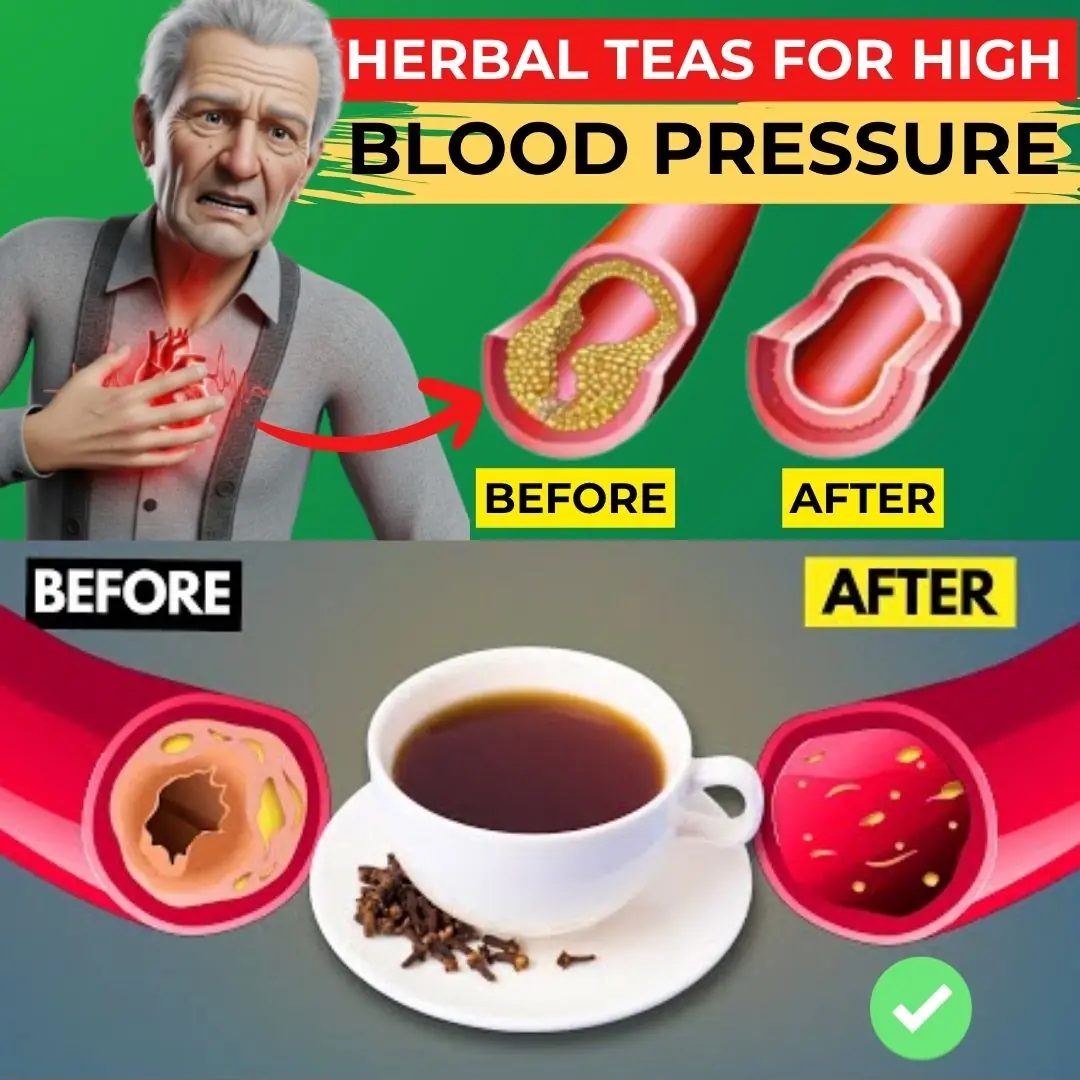
Simple, Natural Ways to Lower Cholesterol (and Why You Might Want To)
Simple, Natural Ways to Lower Cholesterol (and Why You Might Want To)
Statins are a group of powerful medications designed to reduce cholesterol levels in the blood, and they are among the most frequently prescribed drugs globally. Data from JAMA Cardiology shows a significant surge in statin use among U.S. adults aged 40 and older, rising by nearly 80% from 21.8 million individuals in 2002-2003 to 39.2 million in 2012-2013, translating to an astonishing 221 million prescriptions. However, despite their widespread use, statins are not without their drawbacks. They can come with a range of serious side effects, including potential liver damage, an increased risk of elevated blood sugar or Type 2 diabetes, and even concerning neurological effects like memory loss and confusion.
This article will explore what cholesterol is, the potential side effects of statins, and most importantly, practical and natural strategies you can adopt to manage your cholesterol levels.

What Exactly Is Cholesterol?
Cholesterol is a waxy, fat-like substance that circulates throughout your bloodstream. While often villainized, it's actually essential for your body to function properly. Your body uses cholesterol to build healthy cells, produce hormones, and create vitamin D. However, like many things, too much of a good thing can be detrimental. Excess cholesterol can accumulate in your arteries, leading to damage and significantly increasing your risk of heart disease.
There are two primary types of cholesterol, commonly referred to as "good" and "bad":
- HDL (High-Density Lipoprotein) – The "Good" Cholesterol: HDL cholesterol helps remove excess cholesterol from your arteries, transporting it back to the liver for removal from the body. Think of HDL as the scavenger that keeps your arteries clean.
- LDL (Low-Density Lipoprotein) – The "Bad" Cholesterol: When you have too much LDL cholesterol, it can build up in the walls of your arteries, forming hard, fatty deposits called plaques. These plaques stiffen and narrow your arteries, making it harder for blood to flow through smoothly. This narrowing can lead to high blood pressure and, more critically, increases your risk of severe cardiovascular diseases like heart attacks and strokes.
It's worth noting that the long-standing consensus on the direct link between high dietary cholesterol and heart disease has faced some debate within the medical community. As mentioned in previous discussions, not all doctors completely agree on the extent of this connection. However, regardless of the nuances in scientific opinion, managing overall fat intake and promoting cardiovascular health remains paramount.
Interestingly, approximately 25% of the cholesterol in our body comes from our diet, while the vast majority – 75% – is produced internally by our liver. This explains why some individuals may maintain an impeccably healthy diet yet still struggle with elevated cholesterol levels due to their body's natural production. Nevertheless, it's crucial not to underestimate the impact of that 25% from your diet; it still plays a significant and modifiable role in your overall cholesterol profile.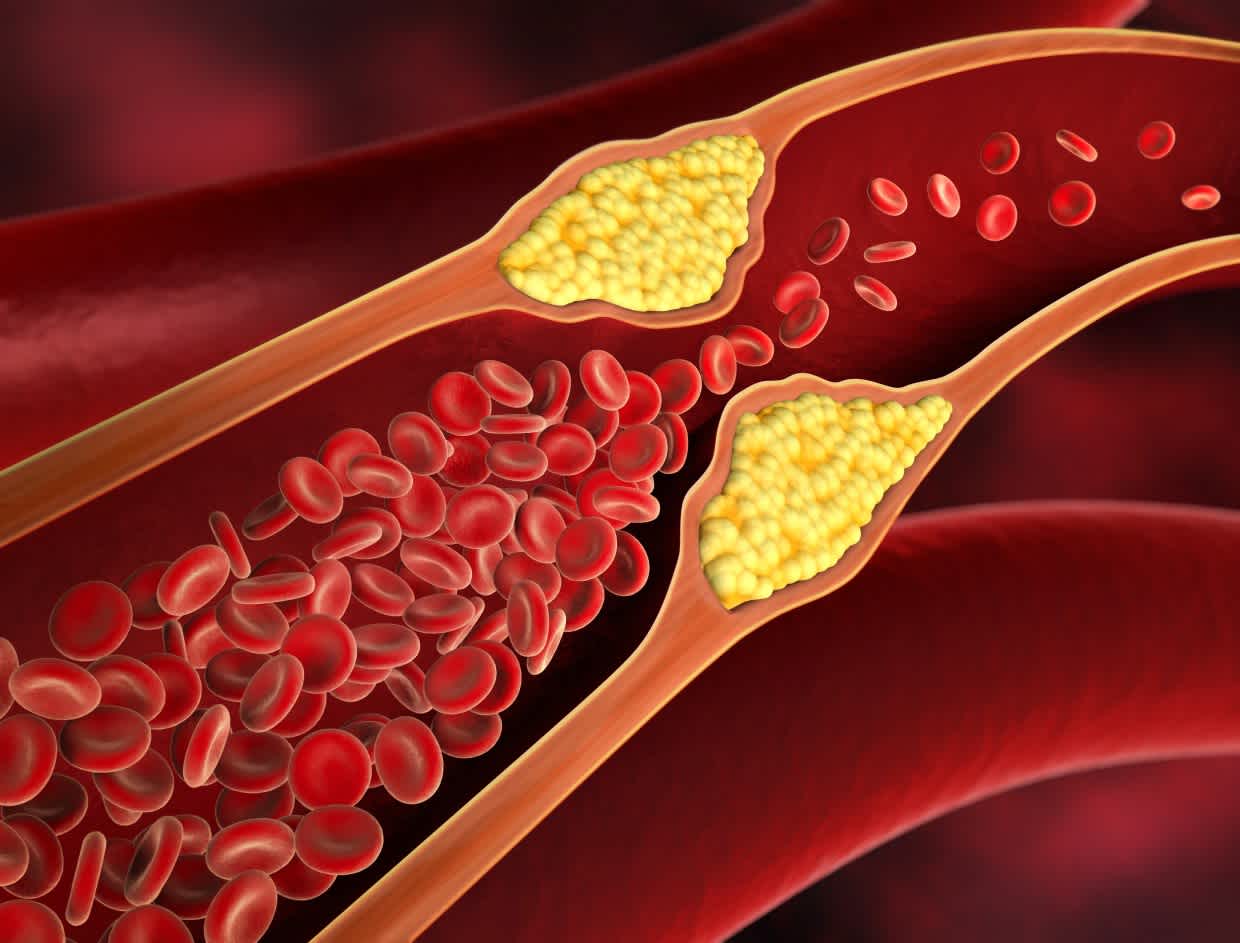
Understanding the Side Effects of Statins
While statins are effective in lowering cholesterol, it's important to be aware of their potential side effects. According to reputable sources like the Mayo Clinic, some of these can include:
- Muscle Pain and Damage (Myalgia): This is one of the most common complaints, ranging from mild aches to severe, debilitating pain. In rare cases, statins can cause a life-threatening muscle condition called rhabdomyolysis.
- Liver Damage: Statins can sometimes increase liver enzymes, which may indicate liver inflammation. While serious liver damage is rare, regular monitoring is often required.
- Increased Blood Sugar or Type 2 Diabetes: Research suggests that statin use may lead to a slight increase in blood sugar levels, potentially contributing to the development of Type 2 diabetes in some individuals, particularly those already at risk.
- Neurological Side Effects: Some patients report cognitive issues such as memory loss, confusion, and difficulty concentrating while taking statins. The exact mechanism isn't fully understood, but these symptoms can be concerning.
Given these potential side effects, many individuals seek natural alternatives or complementary strategies to manage their cholesterol levels.
Simple, Yet Vital, Natural Alternatives to Statins

To proactively improve your blood cholesterol levels and work towards lowering them naturally, integrating simple but vital habits into your daily routine is key. These tips focus on dietary changes and lifestyle adjustments that can significantly impact your cholesterol profile:
1. Look Beyond "Low-Fat" Labels: The food industry often uses marketing terms like "low-fat" or "fat-free" to entice consumers. However, these labels can be misleading. Many times, foods advertised as low in fat are compensated with high amounts of added sugars, refined carbohydrates, or unhealthy additives, which can still negatively impact your cholesterol and overall health. Furthermore, the "low-fat" claim might refer only to a small serving size, a 100-gram portion, or a single pack. If you need to consume 300 grams of that food to feel satisfied, you must re-examine what "low-fat" truly means for your actual intake. Don't let catchy slogans fool you – always check the detailed nutritional values in numbers on the label to understand the real content.
2. Embrace Soluble Fiber: Numerous studies have consistently found that increasing your consumption of soluble fiber can significantly help lower cholesterol. Soluble fiber, found abundantly in fruits, vegetables, oats, and beans, forms a gel-like substance in your digestive tract that binds to cholesterol and prevents its absorption. Even a modest increase of 5 to 10 grams of soluble fiber per day can lead to a 5% decrease in blood cholesterol levels. Adding just one extra fruit or vegetable serving daily can provide this benefit – a small effort with great rewards for your cardiovascular health.
3. Moderate Egg Consumption: For healthy individuals, the generally recommended daily cholesterol intake is around 300 mg. A single large egg contains approximately 213 mg of cholesterol, which leaves about 90 mg for other dietary sources. This means you can certainly enjoy eggs, as they offer many valuable health benefits (including protein and essential nutrients), but you need to plan the rest of your meals accordingly. On days when you consume eggs, consider reducing cholesterol intake from other sources like high-fat meats or dairy to stay within healthy guidelines.
4. Start Your Morning Right with Oats or Bran: Breakfast is often touted as the most important meal of the day, and for good reason, especially when it comes to cholesterol management. Instead of opting for typical sugary cereals, choose a wholesome start with oatmeal or oat bran. One cup of cooked oatmeal or bran typically provides about 2 grams of soluble fiber and 4 grams of total fiber. Adding fresh fruit pieces for natural sweetness creates a delicious and powerful anti-cholesterol breakfast that will help keep your cholesterol levels low throughout the day.
5. Understand and Reduce Saturated Fat Intake: The role of saturated fats in cholesterol levels has been a subject of ongoing debate. Traditionally, the medical establishment has warned about the significant damage caused by saturated fat, linking it directly to increased "bad" cholesterol (LDL) levels. The American Heart Association, for example, recommends limiting saturated fat intake to less than 7% of your total daily calories. For someone consuming 2,000 calories a day, this translates to a maximum of about 140 calories from saturated fats, or roughly 16 grams per day.
Common foods rich in saturated fat are primarily animal-based, including butter, fatty cuts of beef, lamb, or pork, poultry with skin, lard, and full-fat dairy products like cream. Many pastries and commercially baked or fried foods also contain high levels of saturated fats. While some plant foods like palm oil and coconut oil contain saturated fats, they do not contain cholesterol.
Newer research has introduced a more nuanced perspective, suggesting that while saturated fats may mildly increase LDL cholesterol, they primarily impact the larger, less harmful LDL particles, rather than the smaller, denser particles more strongly associated with cardiovascular disease. Regardless of the ongoing scientific discussion, consuming saturated fats in moderation remains a prudent approach for overall health.
6. Be Vigilant About Trans Fats: Trans fats are widely considered one of the worst types of industrial fats for your heart health and are a major contributor to high "bad" cholesterol (LDL) levels. While small amounts can occur naturally in meat and dairy, most trans fats are artificially created through a chemical process (hydrogenation) that converts liquid vegetable oils into solid fats.
It's crucial to be aware of the foods you consume and their trans fat content. Actively work to eliminate or at least minimize trans fats from your diet. These are commonly found in various pastries, margarines, fried foods, and highly processed snacks. Fortunately, many manufacturers are legally committed to reporting trans fat amounts on food labels, making it easier for you to identify and avoid them.
7. Prioritize Fish Over Red Meat: While red meat is a staple in many diets, it shouldn't be the exclusive source of protein. Red meat, especially fatty cuts, can be rich in fats that raise cholesterol. In contrast, fatty fish like salmon, tuna, mackerel, and sardines are exceptionally rich in Omega-3 fatty acids, which are known to actively help lower cholesterol and triglycerides. It is highly recommended to incorporate fish into your weekly menu two to three times, potentially replacing some meat servings. This not only aids in cholesterol management but also diversifies your nutrition with essential healthy fats.
8. Consume the Right Fats (Healthy Fats): Not all fats contribute to high cholesterol. In fact, certain fats are beneficial, helping to prevent damage and even raise your "good" cholesterol (HDL). Foods rich in essential healthy fats include olive oil, avocado, fatty fish (as mentioned above), flaxseed, chia seeds, and nuts. These foods contain vital fatty acids like Omega-3s, which work to lower triglycerides in the blood and can help reduce overall cholesterol. By choosing these healthy fat sources at the expense of foods rich in fats that contribute to "bad" cholesterol (LDL), you gain a dual advantage for your heart health.
9. Reconsider Tropical Oils (in excess): Tropical oils like palm oil and coconut oil have gained popularity in recent years, often touted for their plant-based origin and purported health benefits. While coconut oil, for example, does have some unique properties, it's important to note its very high saturated fat content. Palm oil, for instance, is approximately 80% saturated fat.
Leading health organizations globally, including the World Health Organization (WHO) and national health bodies in the USA, Canada, and the UK, have begun recommending a significant reduction in the consumption of coconut oil due to its high levels of saturated fat. Therefore, while coconut oil may offer some benefits, it still needs to be consumed in strict moderation, generally limited to about 3 tablespoons a day, within the context of your overall saturated fat intake.
Other Recommended Foods for Cholesterol Management
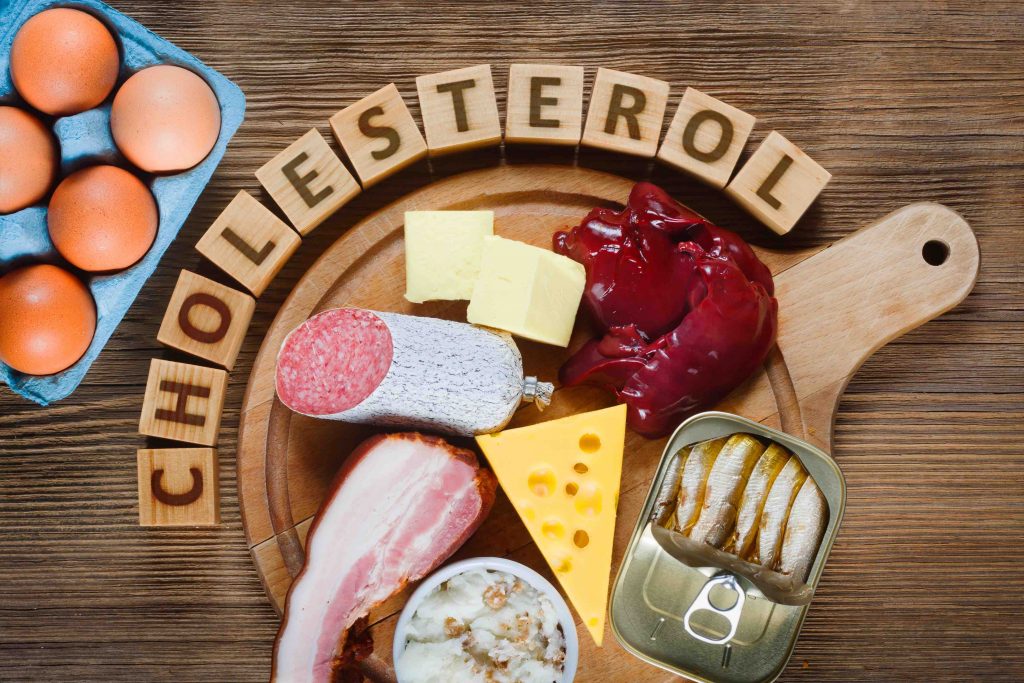
Beyond the specific tips above, here are some additional foods that can actively contribute to healthy cholesterol levels by raising HDL and lowering LDL:
- Almonds: The skin of almonds contains unique compounds that act as powerful antioxidants, preventing the oxidation of LDL molecules. This oxidation is a key step in damaging blood vessel walls, so almonds offer a protective benefit.
- Avocado: This delicious fruit is exceptionally rich in monounsaturated fats, which have been shown to increase "good" cholesterol (HDL) and significantly lower "bad" cholesterol (LDL), particularly beneficial for those with already high levels.
- Barley: Research from the U.S. Department of Agriculture has found that consistently adding barley to your diet can lower LDL levels by up to two times. Its high soluble fiber content is a major factor in this benefit.
- Beans and Lentils: Another U.S. study demonstrated that incorporating lentils and beans into a low-fat diet enhanced its effectiveness in lowering cholesterol by twofold. These legumes are packed with soluble fiber and plant-based protein.
- Blueberries: Blueberries are bursting with powerful antioxidants called anthocyanins, which can effectively prevent the oxidative damage caused by "bad" cholesterol, protecting your arteries.
- Oatmeal: A study conducted at the University of Toronto in Canada revealed that women who added oatmeal to a heart-healthy diet experienced an 11% increase in "good" cholesterol (HDL) levels.
- Alcohol (in moderation): According to sources like WebMD, several studies suggest that individuals who consume alcohol in moderation may have lower rates of heart disease and potentially live longer. Red wine, in particular, is often highlighted for its higher levels of natural plant chemicals like resveratrol, which possess antioxidant properties and may protect artery walls. Many believe the cardiovascular benefit of alcohol primarily stems from its ability to raise HDL cholesterol levels. The key compound responsible appears to be ethanol, the alcohol component found in beer, wine, or spirits, which can help lower "bad" cholesterol and increase "good" cholesterol. It's crucial to emphasize extreme moderation and, if in doubt about consumption, always consult a nutritionist or doctor.
The Role of Phytosterols in Lowering Cholesterol
Many individuals frequently ask if there's a single "perfect" method to lower blood cholesterol levels. The most accurate answer is usually a comprehensive approach: a combination of healthy nutrition, an active lifestyle, medications (if medically necessary), and sometimes, targeted nutritional supplements. Among these supplements, those containing phytosterols are gaining significant attention. Phytosterols are natural compounds derived exclusively from plants, offering a unique mechanism for cholesterol reduction.
It's important to differentiate them from statins, which are pharmaceutical drugs. While statins are often effective, they carry potential side effects such as muscle aches, abdominal pain, nausea, dizziness, sleep disturbances, diarrhea, or constipation.
What are Phytosterols? Phytosterols are chemically similar in structure to cholesterol, but unlike cholesterol, they are not produced by human body cells. Their sole source is the food we consume. You can find them in very small quantities in a wide range of fruits and vegetables, nuts, and almonds. They are present in larger quantities in certain types of grains (like wheat and rye) and specific plant oils (such as sesame oil).
How Do Phytosterols Work? Phytosterols exert their cholesterol-lowering effect by effectively inhibiting cholesterol absorption from the gut. They compete with dietary cholesterol for absorption sites, leading to a reduction in the amount of "bad" cholesterol (LDL) that enters the bloodstream. Studies examining the efficiency of phytosterols as a dietary supplement have shown they can lower LDL cholesterol by up to 15%. Furthermore, combining phytosterols with statins has demonstrated an additional 10% reduction in LDL levels compared to statin treatment alone, suggesting a synergistic effect.
Who is Suitable for Phytosterols? Phytosterols can be particularly beneficial for several groups:
- Individuals with borderline LDL levels: These are people who don't yet require medication but are interested in naturally managing their cholesterol.
- Individuals already on cholesterol-lowering medications: If desirable cholesterol levels are not being achieved despite medication, phytosterols can offer an additional tool to help reach target levels.
Phytosterols are generally considered safe for use, even for individuals with diabetes. However, as with any supplement, you should always consult with your doctor before incorporating them into your regimen, especially if you have pre-existing health conditions or are taking other medications.
What is the Daily Recommended Dosage? Studies indicate that a typical Western diet provides approximately 150 mg to 350 mg of phytosterols per day. However, leading global health organizations recommend a daily dosage of about 2 grams (2000 mg) for cholesterol-lowering benefits.
Phytosterol Supplements vs. Food Sources: The supplement industry offers various dietary supplements containing phytosterols. Some contain only phytosterols, while others combine them with beneficial compounds like Omega-3 fatty acids.
There is some debate regarding the effectiveness of phytosterol supplements compared to phytosterols naturally present in foods. Some researchers believe that phytosterols in certain supplements may not be as effective in lowering cholesterol if they are not properly prepared by the manufacturer, or if their bioavailability is compromised. Conversely, phytosterols found naturally in foods are considered biologically active and potentially more beneficial for cholesterol reduction. More extensive studies are needed to fully clarify this claim.
In any case, phytosterol supplements are generally considered safe with minimal side effects. A potential long-term effect of high-dose, prolonged use could be a slight decrease in the absorption of fat-soluble vitamins (Vitamin A, D, E, and K). This can often be mitigated by taking a multi-vitamin at a different time of day than the phytosterol supplement, or by ensuring your diet is rich in these vitamins through foods like orange vegetables, avocados, seeds, and nuts.
It's also important to be aware of a rare genetic condition called sitosterolemia, characterized by an increased absorption of phytosterols from the intestine into the bloodstream. Individuals with this condition should strictly avoid phytosterol supplements and limit high-phytosterol foods.
If you aim to increase phytosterols in your diet, focus on consuming healthy foods naturally rich in these compounds, including nuts, ground flaxseed, various whole grains, and a wide array of vegetables and fruits.
These tips are designed to help you gradually integrate more heart-healthy habits into your life, and as you can see, they don't require drastic or overwhelming effort. It's also strongly advised to begin routine cholesterol tests and follow-ups from the age of 30, especially if you have a family history of heart disease or other risk factors. In the event of any medical concerns or conditions, always be sure to consult your doctor and strictly adhere to their personalized guidelines and recommendations.
News in the same category


Researcher Studies Over 200 Kids—Here’s What the Most Emotionally Intelligent Ones Had in Common

Scientists Bioengineer Tooth That ‘Grows’ in Place Like a Natural One And Feels Real

9-year-old dies after dental procedure

How to Get Rid of Muscle Soreness: Effective Home Remedies That Really Work
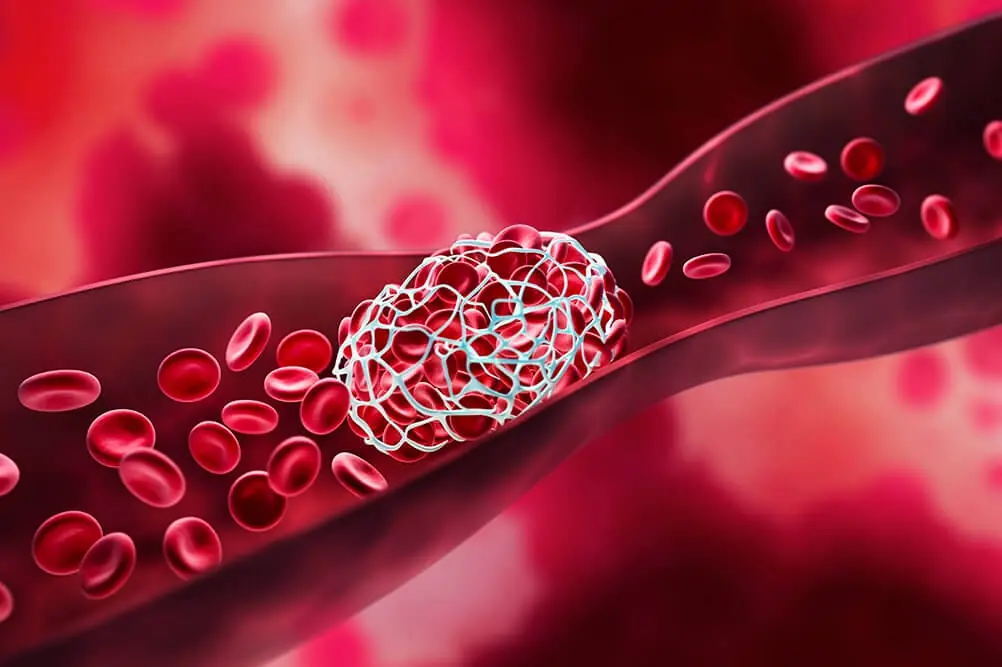
Natural Blood Thinners: Evidence-Based Foods, Supplements, and Vitamins for Healthy Blood Flow

How to Conquer Constipation: Your Guide to Effective Home Remedies
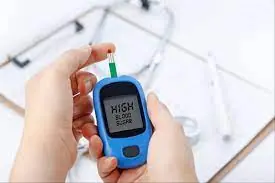
13 Subtle Warning Signs of High Blood Sugar and 9 Powerful Ways to Take Control of Your Health

Exercise Is ‘Better Than Drugs’ In Stopping Cancer From Returning After Treatment, Study Finds

Energy Drinks May Cause Blood Cancer: New Research
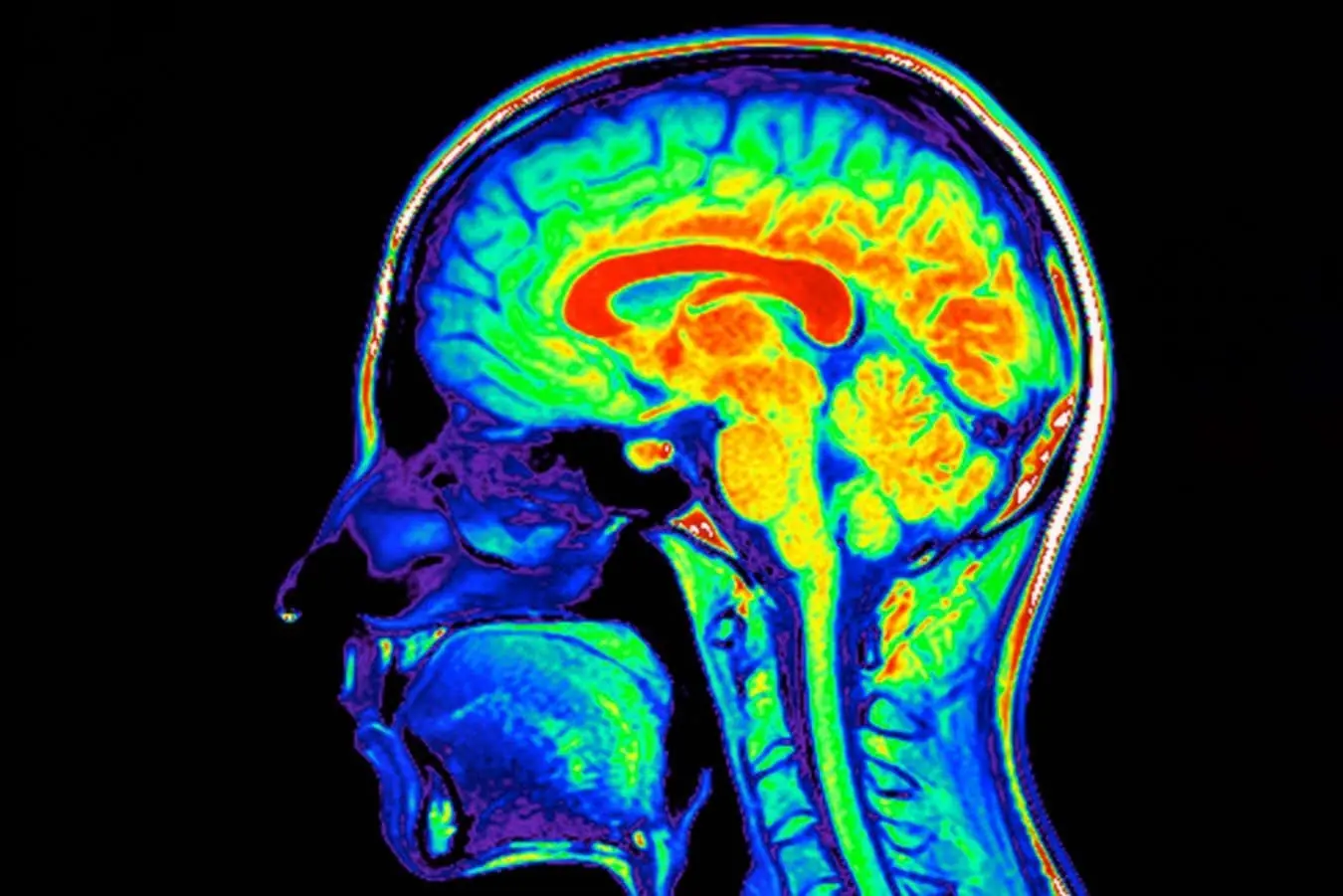
Massaging The Neck And Face May Be Helping Flush Waste Out of the Brain

10 Things That Men May Find Unattractive About Women Over 50

How Long You Should Be Able to Stand on One Leg, According to Your Age

15 Early Warning Signs and Symptoms of Dementia You Shouldn’t Ignore
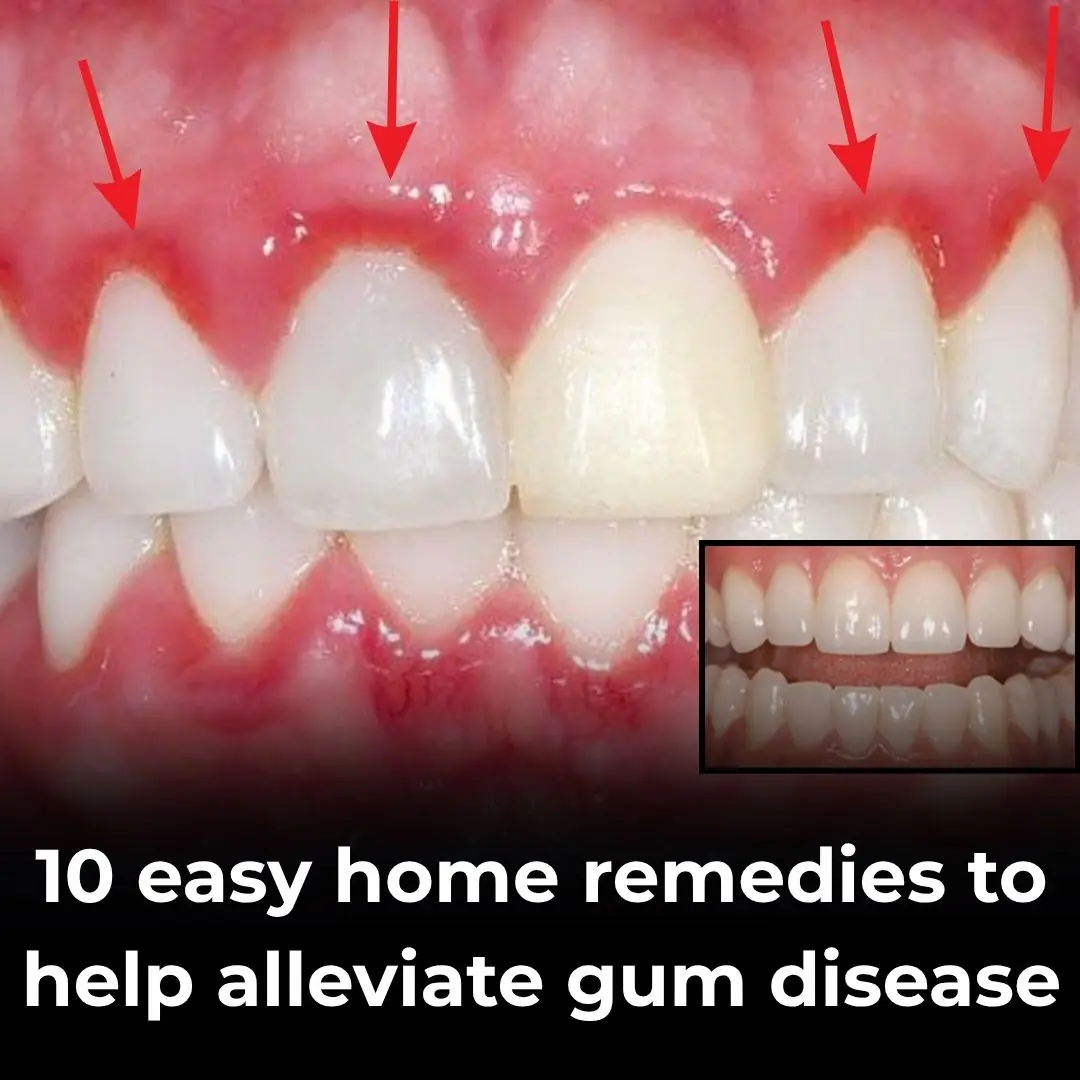
10 Natural Ways to Calm Gum Irritation at Home
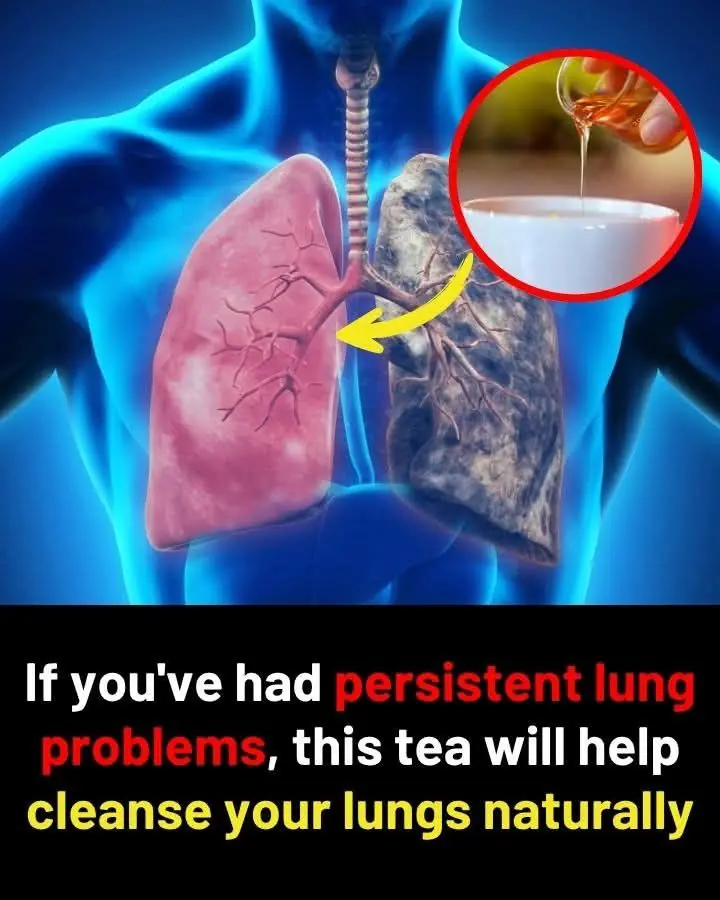
Lung Cleansing with a Powerful Natural Garlic Juice
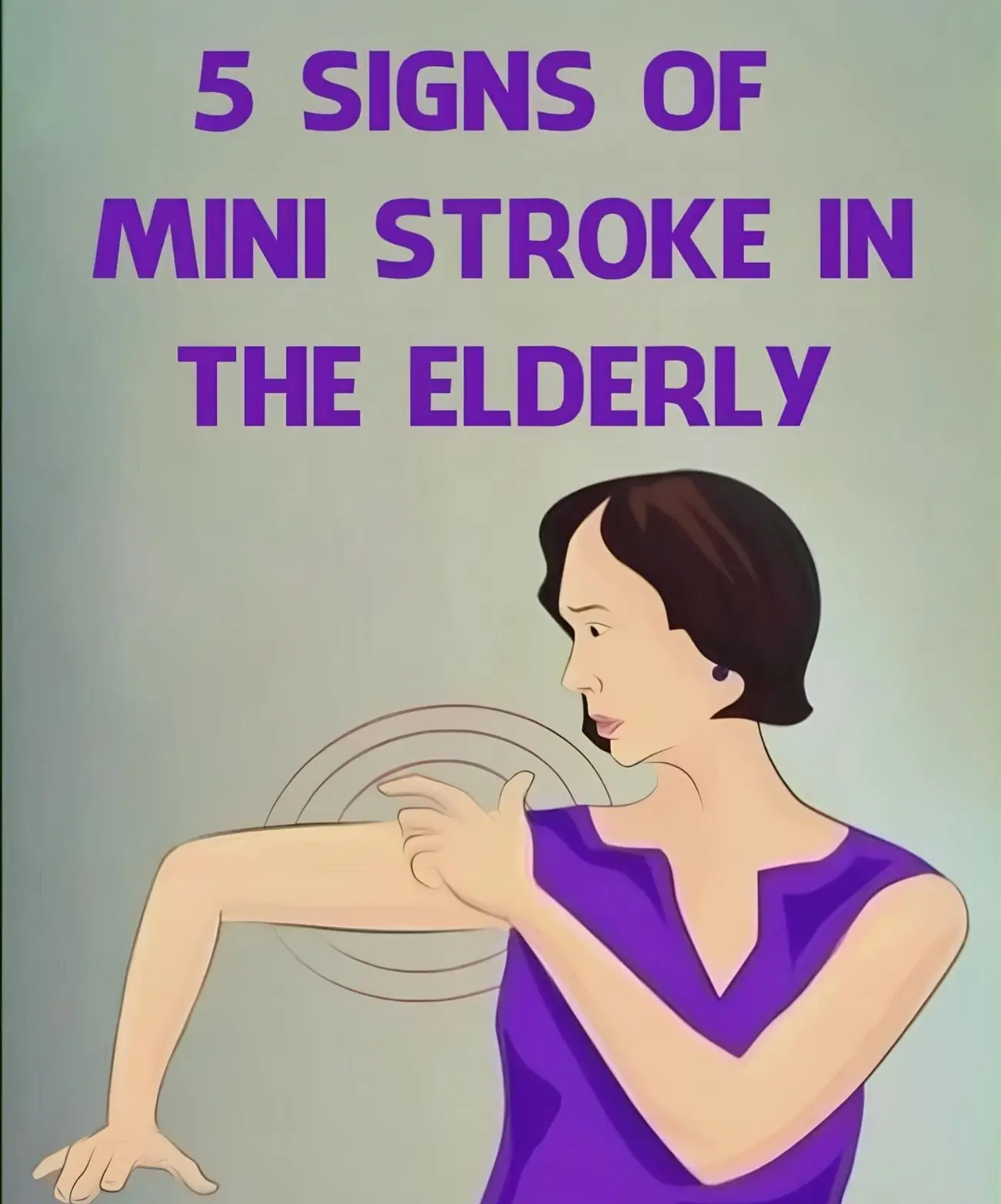
7 Signs of Mini Stroke in The Elderly

This Kid has Eaten Almost No Refined Sugar Her Whole Life. This is What She Looks Like Today

Doctor Warns: Sleeping With A Fan On May Trigger Allergies And Respiratory Issues
News Post

Heartbreaking Voice Message From Pilot Before Crash Goes Viral — Here’s What He Said

Air India crash simulation reveals how sole survivor escaped death
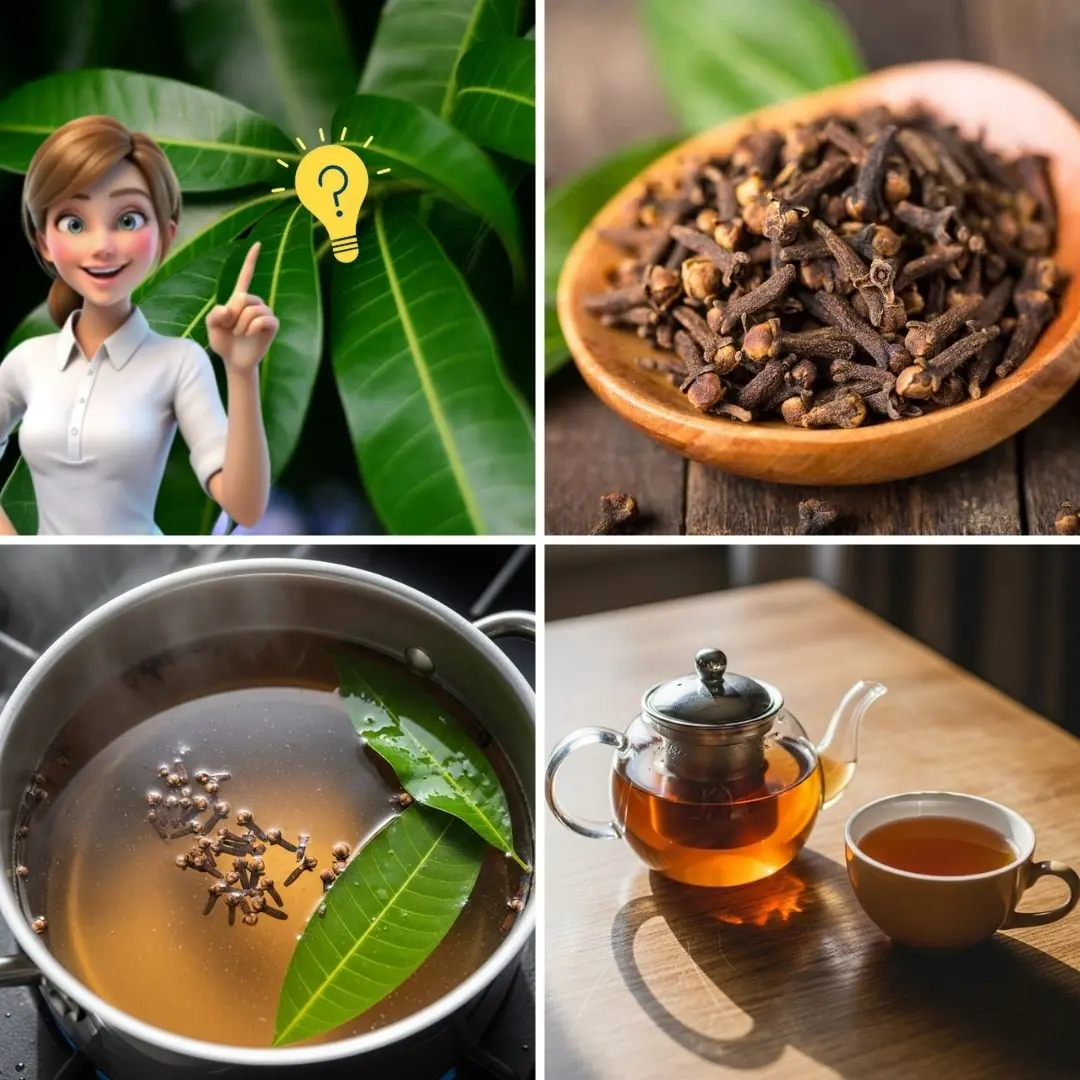
Mango Leaf and Clove Tea: A Gentle Herbal Support for Daily Wellness
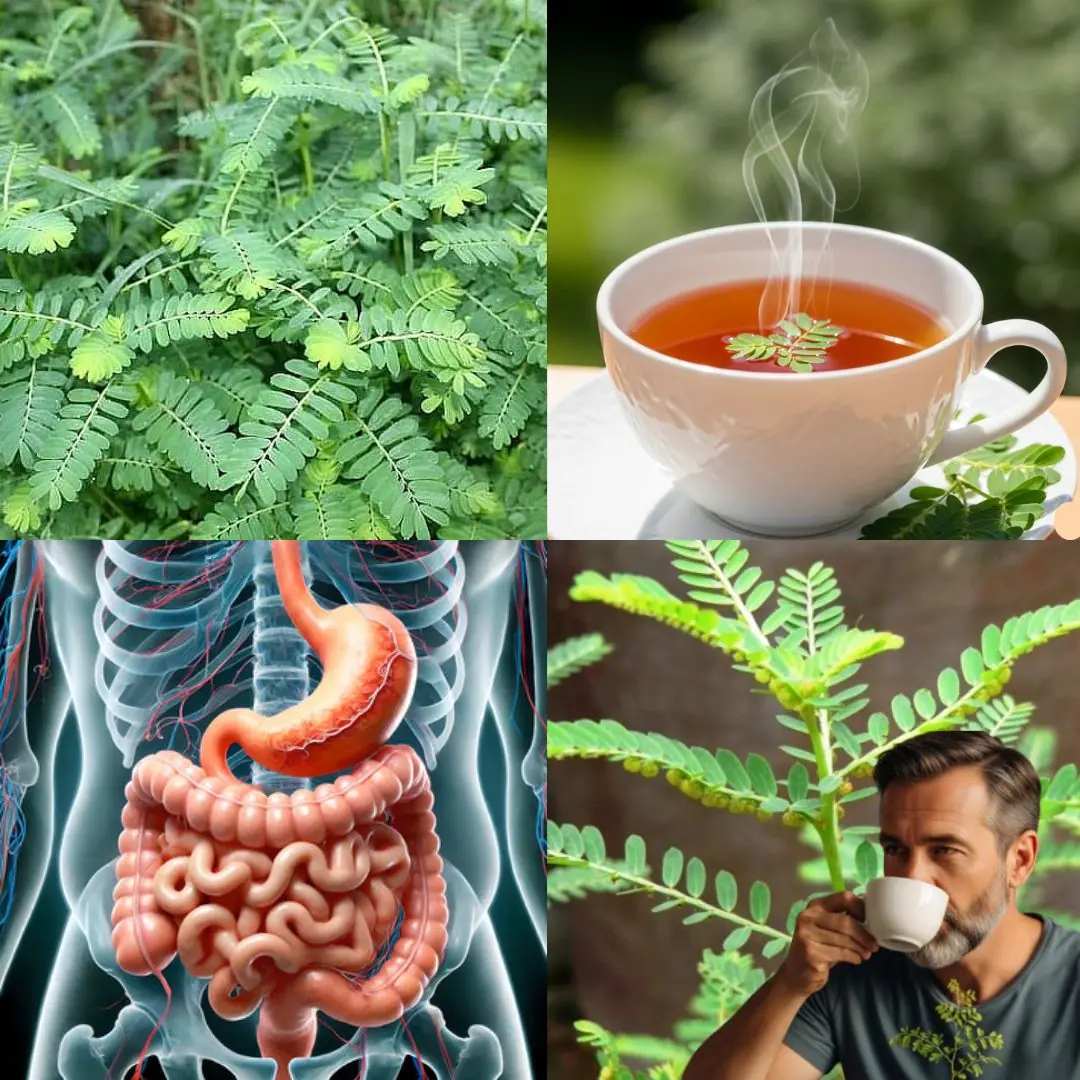
The Stonebreaker Plant (Phyllanthus niruri): Nature’s Natural Remedy for Liver and Kidney Health

Can Guava Leaves Help with Gray Hair and Hair Growth? Exploring Natural Solutions

Increased Screen Exposure In Kids Linked to Anxiety, Aggression, and Self-Esteem Issues, Study Says

Researcher Studies Over 200 Kids—Here’s What the Most Emotionally Intelligent Ones Had in Common

Scientists Bioengineer Tooth That ‘Grows’ in Place Like a Natural One And Feels Real

Why There’s a Growing Trend of Straight Men Dating Trans Women

9-year-old dies after dental procedure

Air India pilot’s terrifying last words have been made public

Why You Should Avoid Seat 11A on Your Next Flight – Here’s What You Didn’t Know

Man Releases Chilling Never Seen Before Footage of Twin Tower Collapse

Masterful Painting Of Jesus By 8-Year-Old—Says She Saw The True Face Of Jesus

The Powerful Trio of Lemon, Apple, and Ginger: A Simple Blend That May Support Skin, Hair, and Vision

Drink Cloves and Cinnamon Before Bed? The Results May Surprise You

Hair Thinning? Try This Unique Combo to Support Hair Growth Naturally

The Ultimate Drink for Women’s Wellness: Watermelon Juice with Carrot, Beetroot, and Ginger
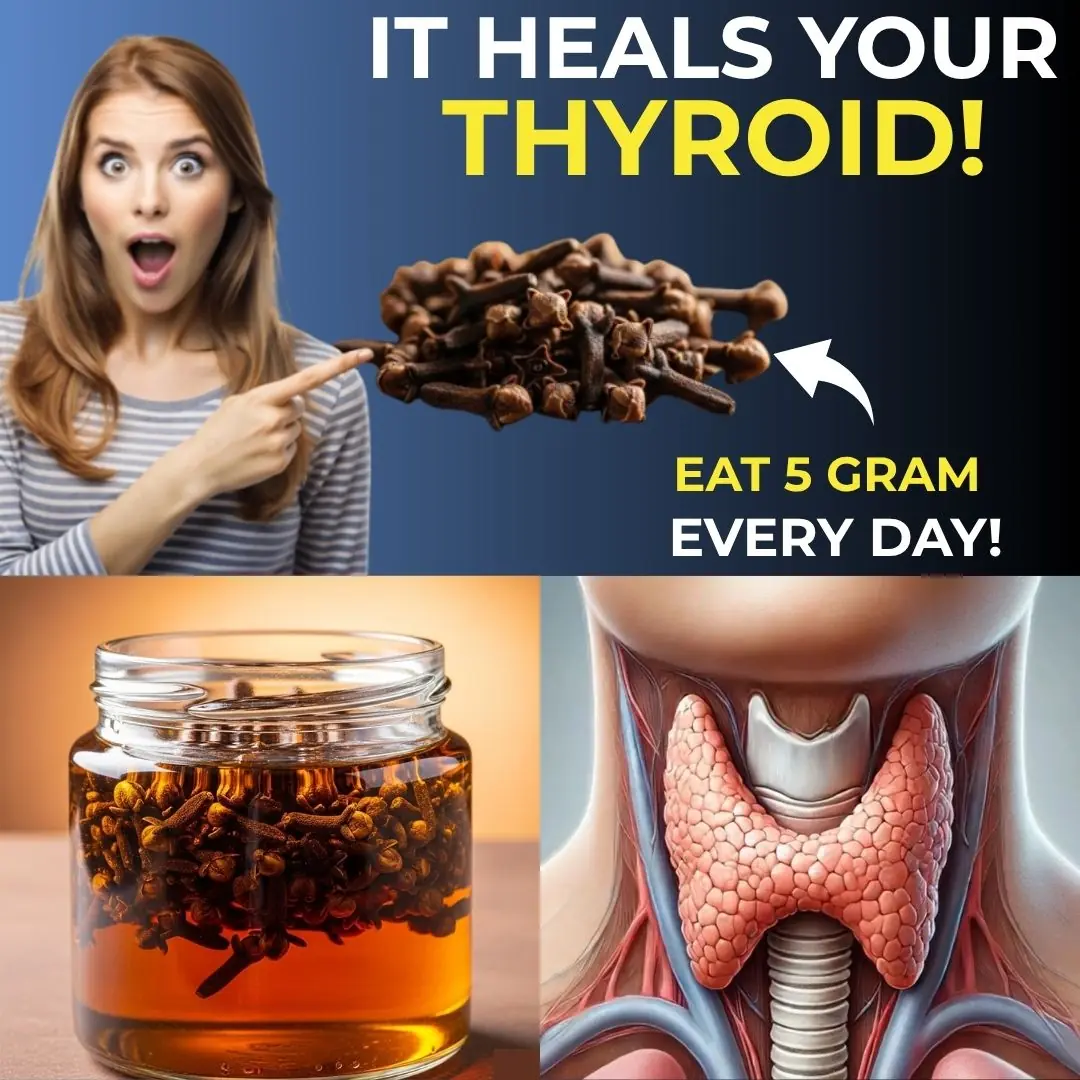
THIS HEALS YOUR THYROID IN JUST 3 DAYS! | Barbara O'Neill’s Clove Soak Formula
